
COVID-19 has many faces. While one person just has a runny nose, the other gets really sick. Also, some suffer from the long-term consequences of SARS-CoV-2 infection, such as persistent fatigue and shortness of breath. Even after mild infection.

COVID-19 has many faces. While one person just has a runny nose, the other gets really sick. Also, some suffer from the long-term consequences of SARS-CoV-2 infection, such as persistent fatigue and shortness of breath. Even after mild infection.
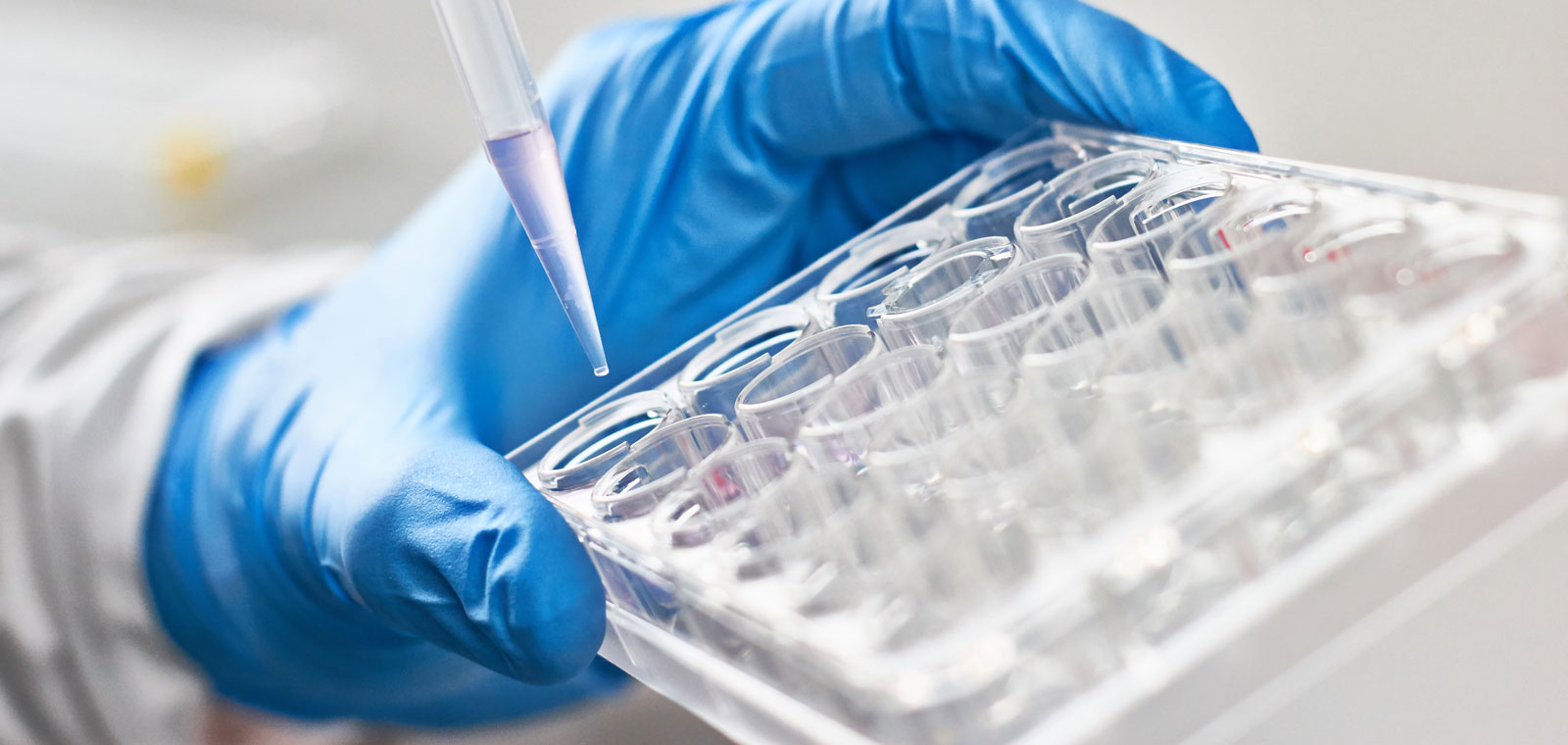
Adenoviruses are the causative agents of the common cold, and are relatively harmless. They are also widely used as vectors for the production of vaccines, amongst which vaccines against SARS-CoV-2.
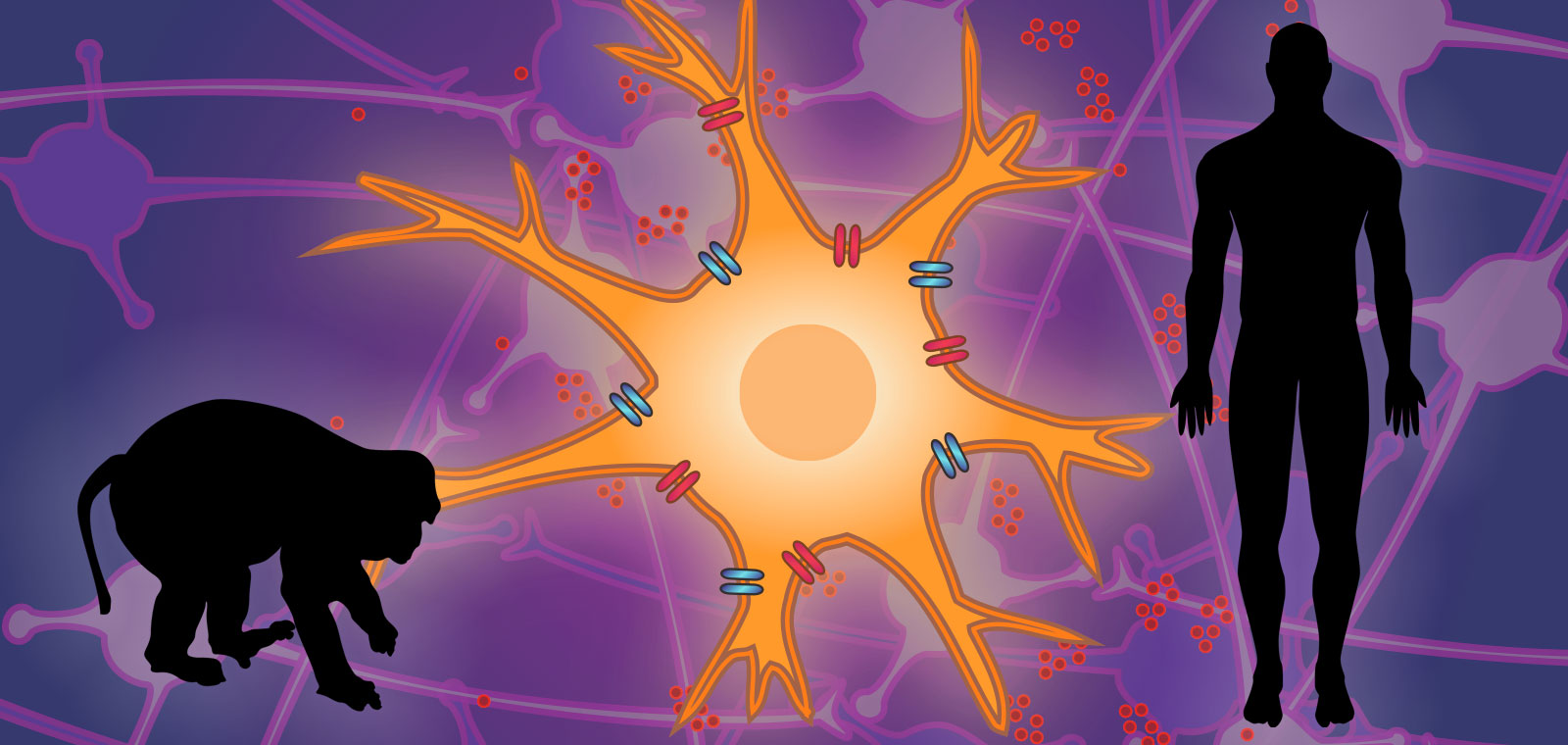
Researchers at the University of Groningen collaborating with researchers of the alternatives unit of BPRC, have characterized a specific brain cell type in different animal species in great detail. They have focused on microglia. These cells are often referred to as macrophages of the brain and have many important functions, both in the healthy brain as well as during neurological diseases.
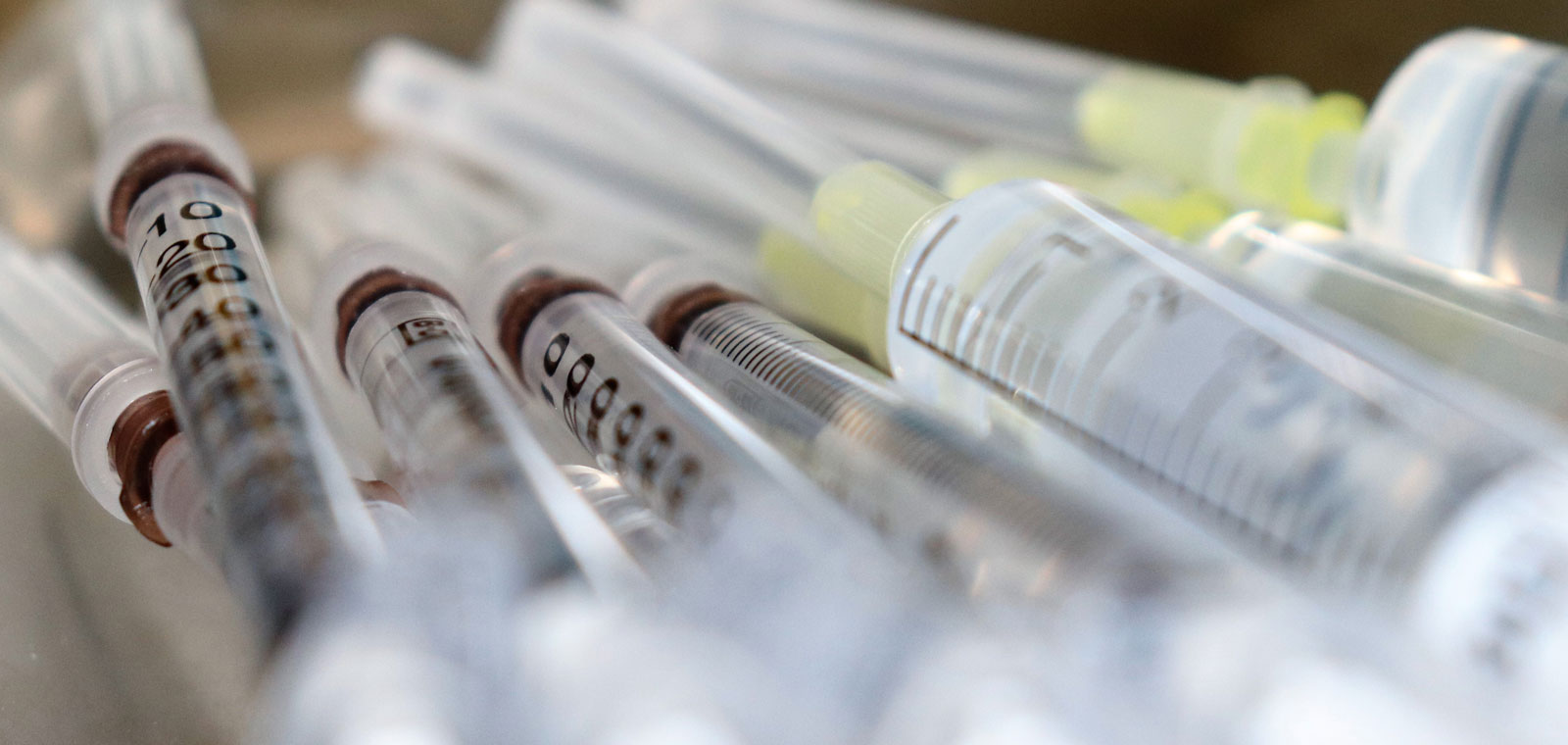
World Immunization Week is from April 24 to April 30. With the slogan "vaccines bring us closer together", the WHO draws attention to vaccinations.
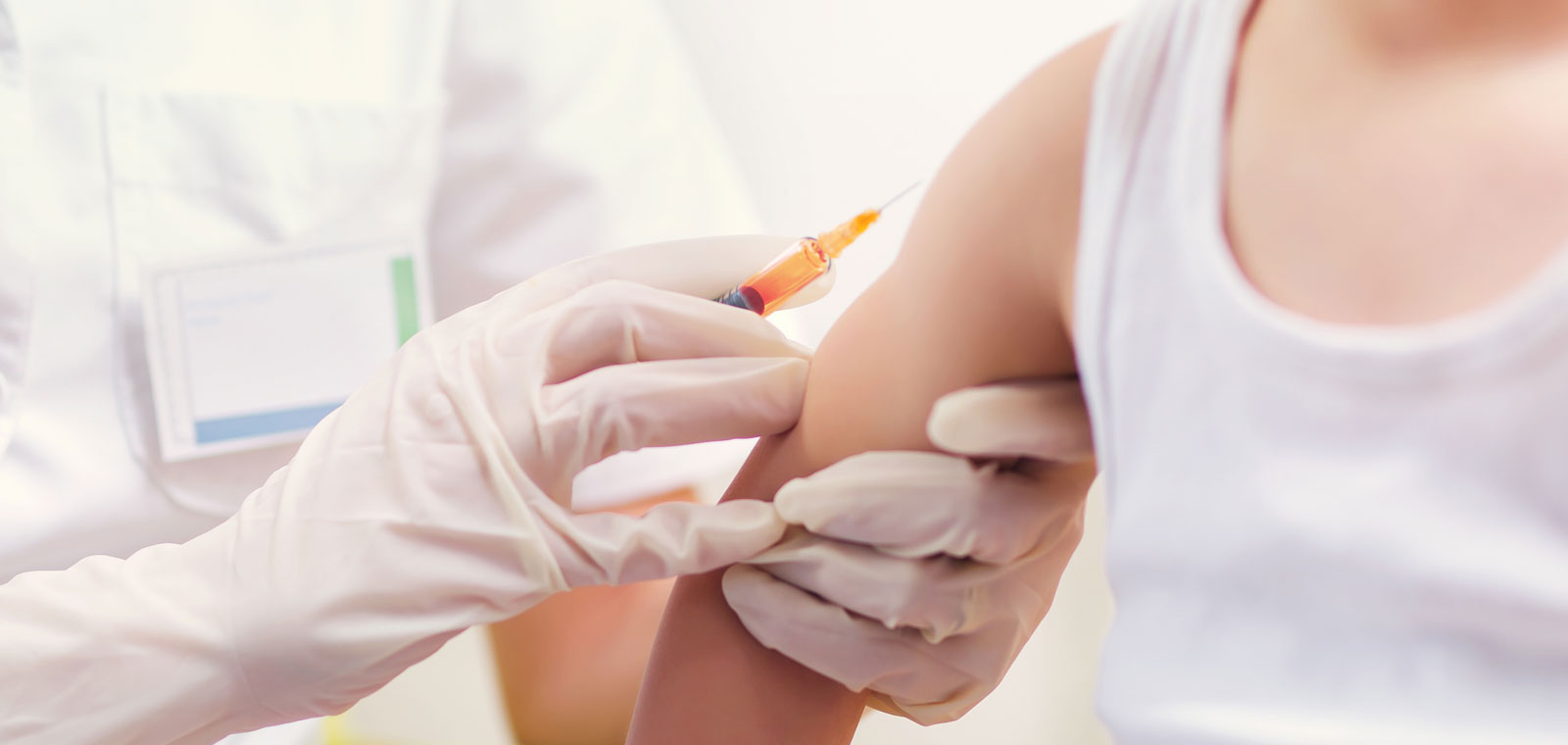
In much of the world, malaria continues to cause high mortality, especially among children. In adults who have survived the various attacks of the malaria parasite on the body, the immune system is trained and can increasingly recognize and neutralize the great diversity of malaria parasites. BPRC scientists investigated whether a vaccine can give the same immune response.

Parkinson's disease is the fastest growing brain disorder worldwide. This is partly due to the increasing age of the population, but also in younger age groups the incidence is rising. In 5% of cases there is an hereditary cause, but for the vast majority of patients the cause is unknown. To combat Parkinson's disease, collaboration is important.
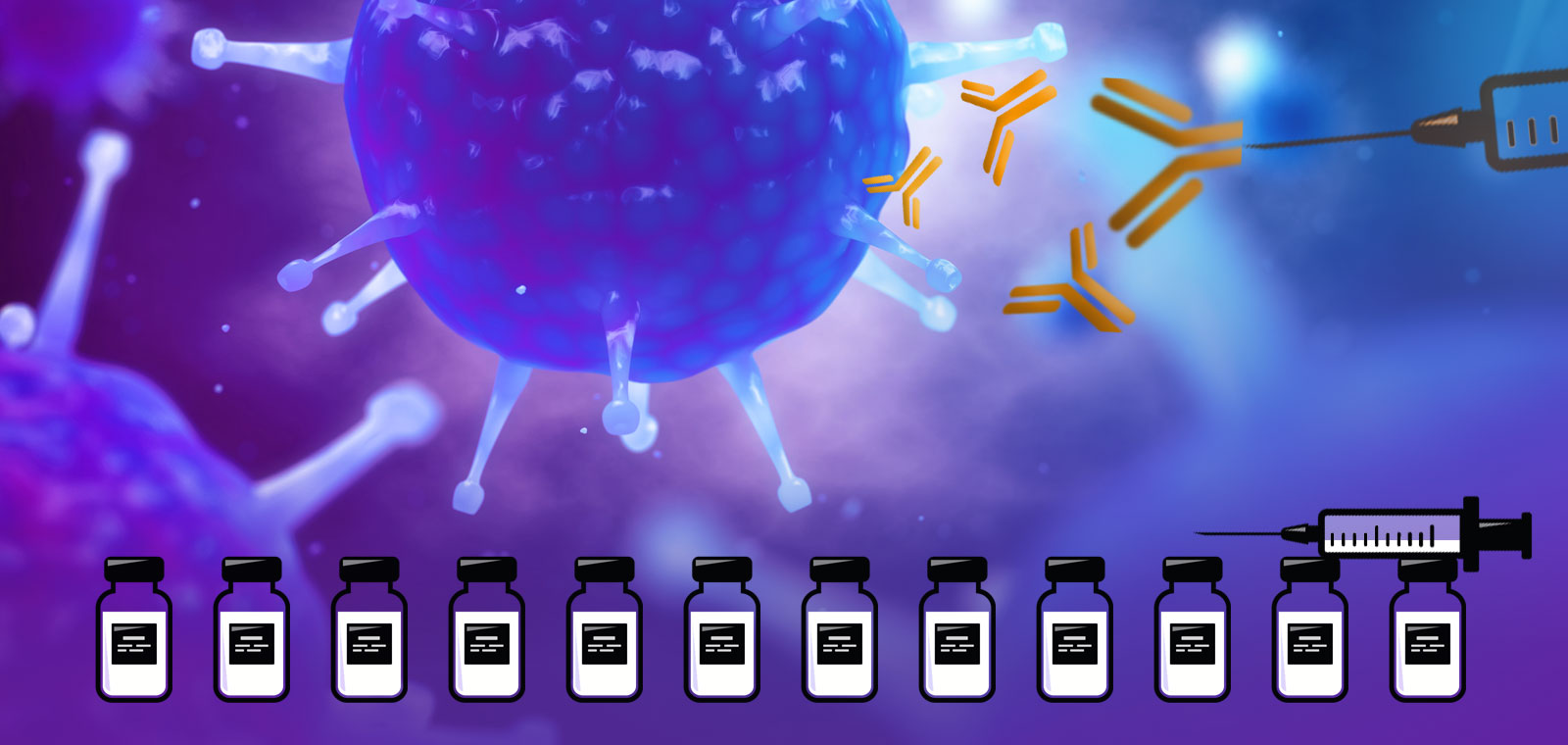
On March 17, 2020, BPRC received permission from the Central Animal Experiments Committee for COVID-19 work. Today, exactly a year later, our monkeys collaborated on twelve vaccines and one drug.
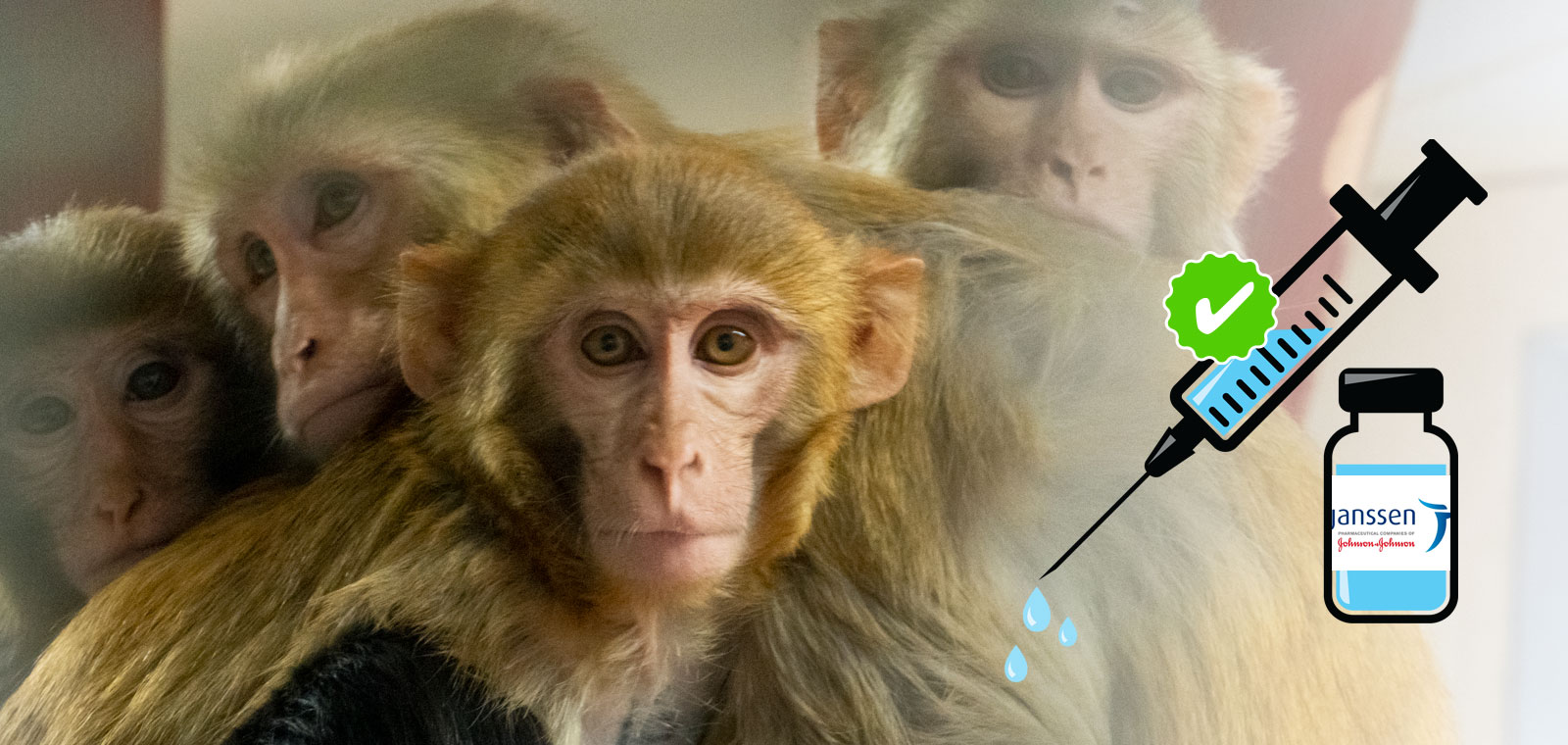
The European Medicines Agency (EMA) ruled positive about Janssen’s corona vaccine on 11 March 2021. The approval once again underscores the importance of animal research, especially monkeys.
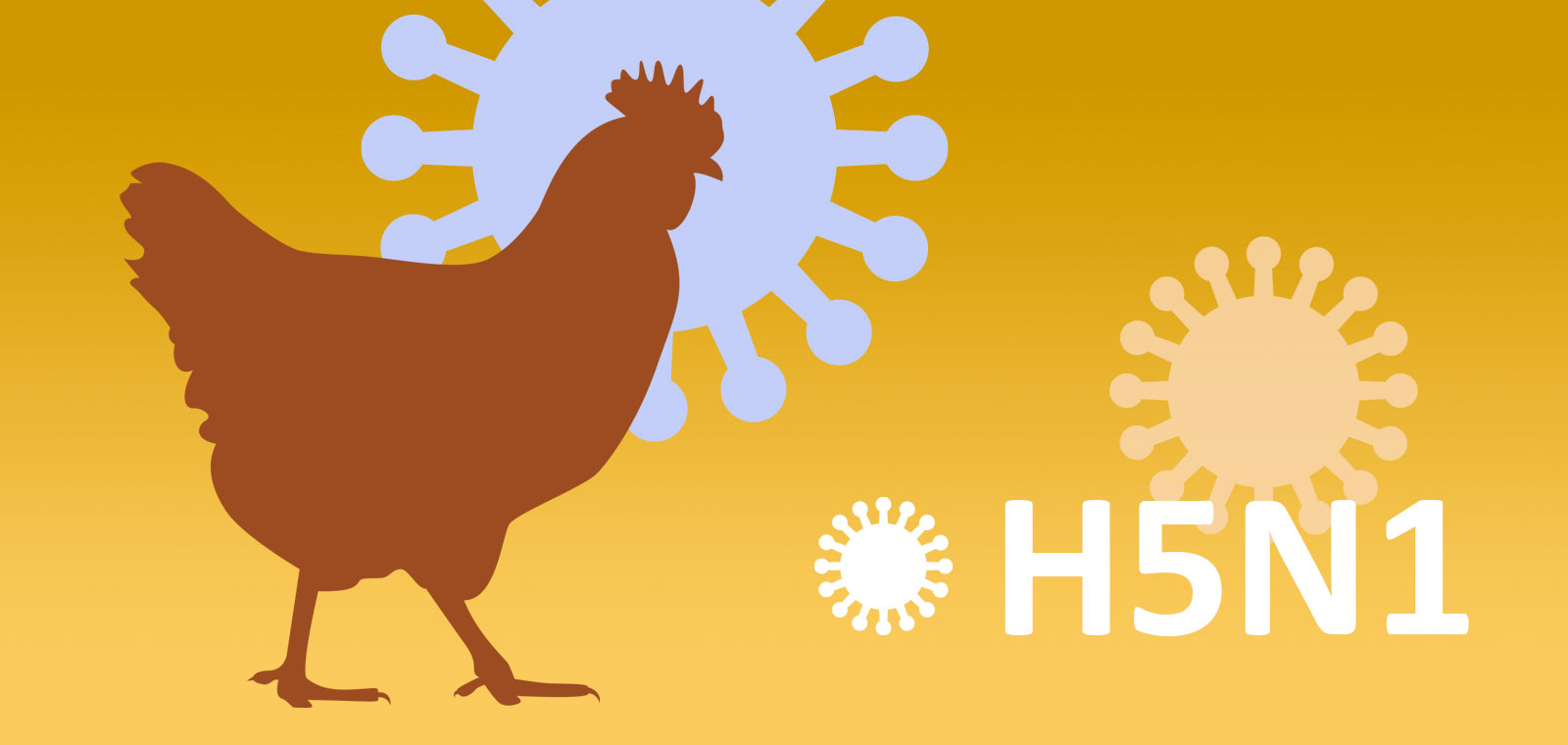
Viruses that jump from animals to humans can cause dangerous situations. The current Covid pandemic is an extreme example of this. Another virus that is high on the risk list is the bird flu virus. To have a head start in case things ever really go wrong, research is already being done.